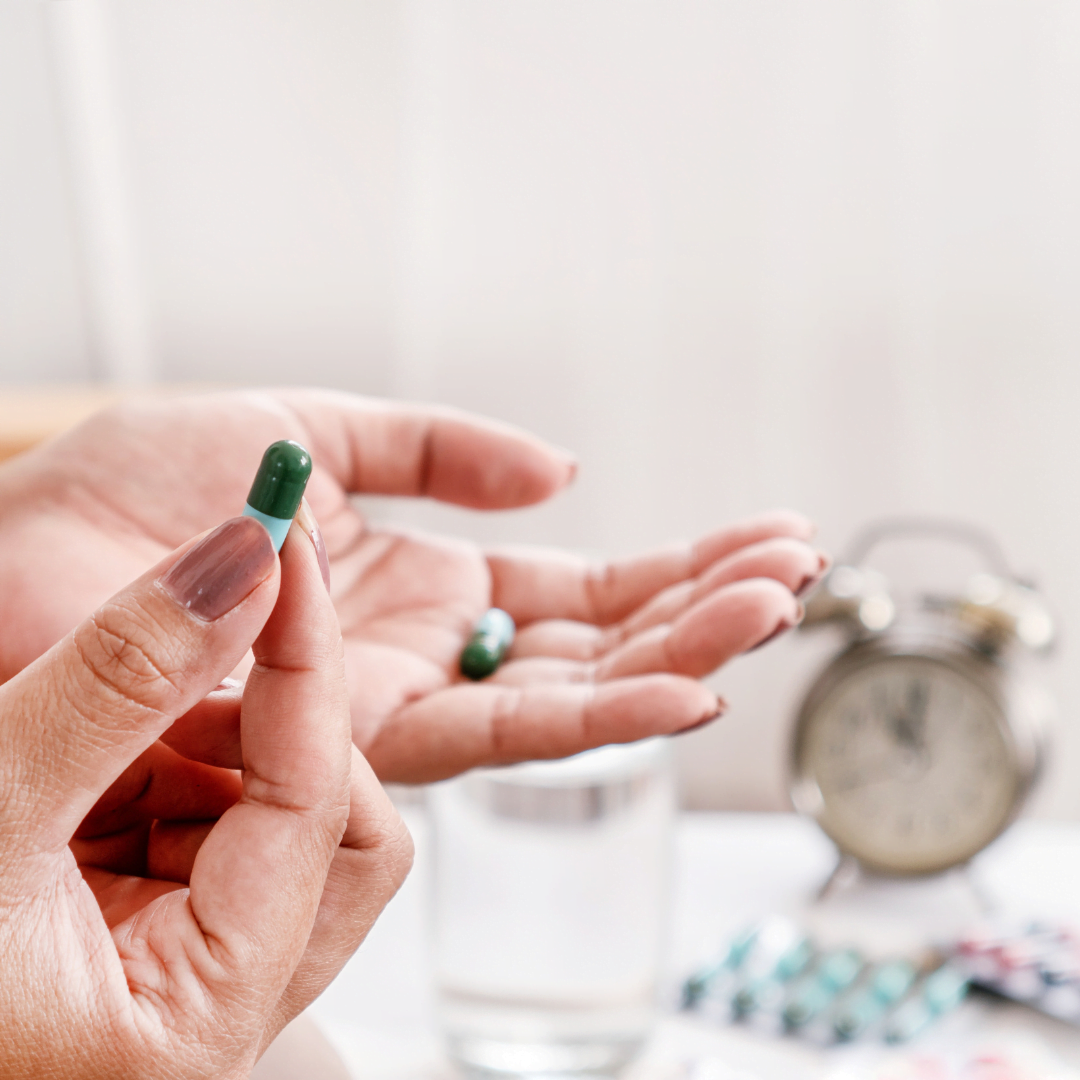

19
Jan
Overuse of Antibiotics: A Silent Threat to Public Health

Antibiotics, since their discovery, have played a role in the field of medicine. However, the overuse of these drugs has led to a global health concern – antibiotic resistance.
Antibiotics are drugs used to treat bacterial infections; they act by either killing bacteria or inhibiting their growth.
Antibiotics are derived from various sources. Many of the initial antibiotics were natural products derived from organisms such as fungi, bacteria, or molds, which produce these substances to fend off other microorganisms. Penicillin, for example, is derived from the mold Penicillium. Some antibiotics are semi-synthetic, meaning they are natural antibiotics that have been chemically modified to enhance their effectiveness or to evade antibiotic resistance. A few antibiotics are fully synthetic, created entirely in a lab, a famous example being the fluoroquinolone class of antibiotics.
Antibiotics and gut health
The overuse of antibiotics doesn’t just contribute to the growth of antibiotic-resistant bacterial strains and wreaks havoc on the gut microbiome – the community of beneficial bacteria residing in our intestines. These helpful microorganisms play a crucial role in our overall health, aiding in digestion, synthesizing vitamins, and even boosting our immune system. When antibiotics are taken, they not only kill the harmful bacteria causing an infection but also the beneficial gut bacteria. This indiscriminate bacterial slaughter can result in a significant decrease in microbiome diversity, leading to what is known as dysbiosis. Dysbiosis has been associated with a range of health issues, from digestive problems to mental health conditions. Therefore, the overuse of antibiotics poses a significant threat to our gut health and, by extension, our overall well-being.
The Scourge of Antibiotic Resistance
The problem arises when these antibiotics are used excessively or inappropriately. This overuse can lead to antibiotic resistance, where bacteria evolve and become resistant to the antibiotics designed to kill them. This is a serious concern as it makes treating common infections more difficult, leading to higher medical costs, prolonged hospital stays, and increased mortality.
There could be several reasons for this overuse. For some, it might be a misconception that antibiotics are a cure-all for all types of illnesses, including viral infections against which they are ineffective. For others, it could be the ease of access and use that leads to self-medication.
Natural Alternatives to Antibiotics
Fortunately, there are natural alternatives to synthetic antibiotics that can help prevent and treat infections. These natural antibiotics include honey, garlic, ginger, and various herbs and spices. They have been used for centuries for their antimicrobial properties and pose less risk of leading to antibiotic resistance.
Identifying the Root Cause of Bacterial Infections
It’s paramount to dig deeper and understand the root causes of these infections. Detecting the source can aid in the prevention and more effective treatment of bacterial diseases. Root causes can vary widely, from parasites to mold toxicity and chemical exposure. By identifying and tackling these root causes directly, we can help you regain your health.
At Nutritional Wellness Center, we focus on helping clients regain their health; for more information, call or text 607-277-1964 or email [email protected]
